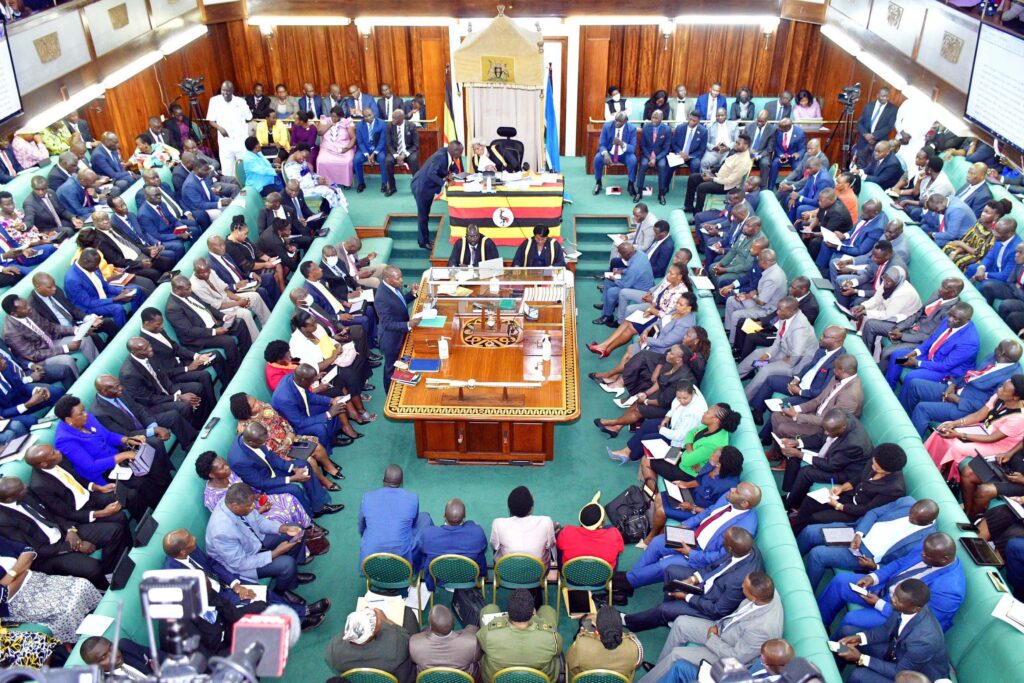Minister Norbert Mao has suggested a novel approach to ensure Uganda’s Parliament can convene even when Deputy Speaker Thomas Tayebwa is unavailable, given Speaker Anita Among’s current maternity leave.
The proposal involves creating assistant deputy speaker positions. However, this idea has stirred a vigorous debate, particularly concerning its potential impact on the public sector wage bill.
According to Article 82(1) of Uganda’s Constitution, only the Speaker and Deputy Speaker have the authority to preside over plenary sittings, a vital aspect of the country’s legislative processes.
Experts argue that introducing assistant deputy speakers would further escalate public sector spending.
Amid economic challenges and dwindling revenue, Mr. Fred Muhumuza, a macroeconomist at Makerere University, advises against increasing public expenditure.
He questions the wisdom of such a move and its feasibility, given the current economic conditions.
Political scientist Prof Sabiti Makara at Kabale University contends that amending the Constitution would be necessary to accommodate this change.
He raises concerns about the broader implications and wonders why such an amendment would be made for a single purpose.
Considering Uganda’s constrained budget and limited resources, he questions the necessity of adding a layer of administration to Parliament when there isn’t a clear justification for it.
This sentiment is shared by Mr. Julius Mukunda, the executive director of the Civil Society Budget Advocacy Group, who suggests alternative measures for handling the Speaker’s absence.
In contrast to Minister Mao’s proposal, the shadow attorney general strongly opposes the idea, emphasizing that adding to the cost of public administration is unnecessary.
He suggests a more flexible approach, involving the creation of a panel from which any member of Parliament can be chosen when both the Speaker and Deputy Speaker are absent.
The 11th Parliament in Uganda consists of 557 lawmakers and 26 ex officio members, each receiving substantial salaries and allowances.
This move could potentially impose a significant financial burden on the government.
